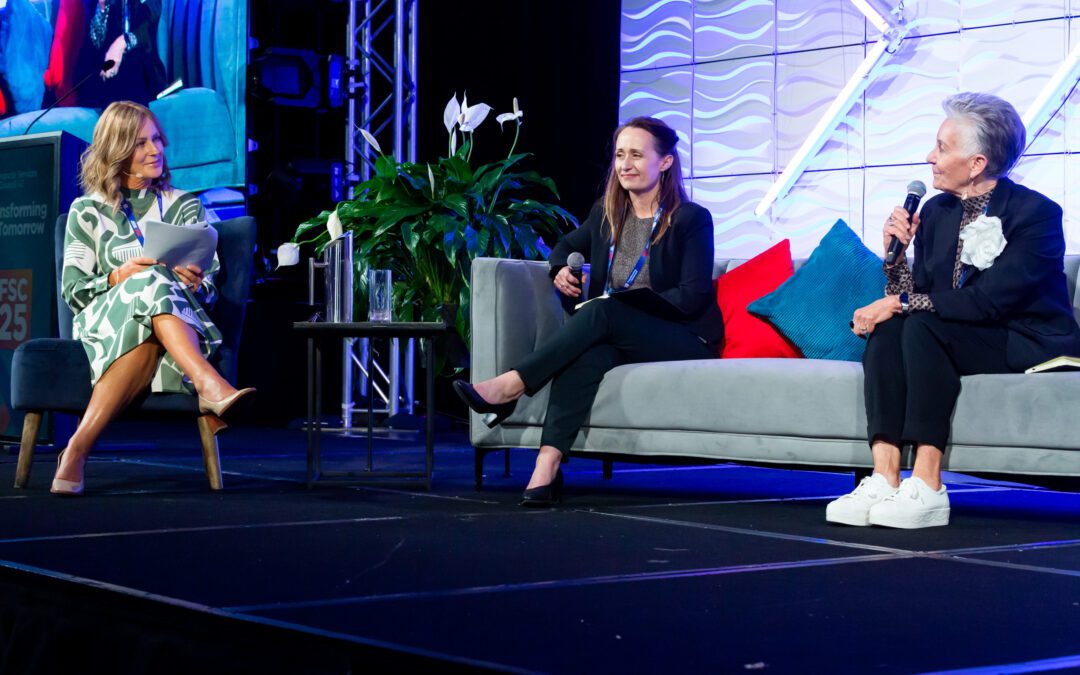With the world seeming to be in disarray and a number of economic factors turning negative, the questions clients are asking me most often all start with: “Is now a bad time to…?
With house prices flattening, share market volatility, high inflation, and rising interest rates, it might seem completely logical to think your best bet is to wait for a ‘better’ time.
Waiting isn’t the right approach
There are a number of flaws with that approach. But simply saying that doesn’t overcome the psychological barriers we face in making decisions amid uncertainty.
While I’m no psychologist, I observe people’s behavioural and cognitive biases and psychological responses to financial decisions everyday.
No one wants to buy something and watch its value decline – that much is obvious – so people often try to time the market. What that usually results in is one of two things:
‘Flight’ – panicking and selling when the price is falling, which of course realises the loss. We saw that in action in 2020, as people switched billions of dollars into conservative KiwiSaver funds, locking in their losses – only to miss out on the recovery some months later.
Then there are those who ‘freeze’ – opting to do nothing for fear of making a choice that loses them money. We also saw many examples of that in 2020, as people delayed decisions like buying a property, betting on the fact the market would fall – but it confounded the experts and did the opposite, in a big way.
What this highlights is doing nothing also has a cost.
Economists Amos Tversky and Daniel Kahneman’s experiments in the 80s led them to conclude that people fear a loss twice as much as they welcome a gain. It results in us focusing more on avoiding losing something rather than on the chance of making something – which suggests we’re not always logical creatures.
- What can help overcome that ‘loss aversion’ bias is to callout the risks.
- Identify: what is the worst that can happen?
- Assess the probability: what are the chances of that actually happening?
- Consider the opportunity cost: what is the cost of not doing it?
- Consider your plan: what is the impact and what are my options if the worst does happen?
- Assess your tools: how you can you mitigate the risks of inflation, higher interest rates, demand, and supply variations?
The best plan doesn’t ignore these risks – it calls them out and assesses the mechanisms and strategies to best address them.
Flight of Freeze reduces your focus
Resorting to ‘flight’ or ‘freeze’ also overlooks the fact that what is happening right this second is less relevant when you’re investing for the long term. But most people don’t have a plan for the next 5 weeks, let alone the next five years. Amid uncertainty people often decide they need to ‘do something’ about that – but if they delay, the impetus wanes and it soon falls to the bottom of the to-do list.
Consider people who bought property in 2007 or 8 – they may have been devastated if they’d sold in 2009 as house prices fell (yes, house prices can also go down!). But if they held onto them, I suspect they’d be pretty pleased with their capital gains by now. Similarly, those who tried to pick the bottom of the market would have found that credit dried up amidst the GFC so they couldn’t get lending. Lending tends to get tighter at the bottom of the economic cycle – so keep that in mind if that’s what you’re holding out for.
What I’m getting at is that trying to time the market is more often than not a fool’s errand. In theory we’d all ‘buy low, sell high’. But in reality what people tend to do is buy when it’s already risen and then panic and sell when it’s already falling. Even people who spend their lives studying the data and calculating volatility and standard deviations can get their timing wrong – and getting it right can be as much a case of good luck than good management.
So, my advice in these volatile times is to narrow your focus.
Zero in on your own situation – what you are trying to achieve or solve, what you can control and what your window of opportunity in which to act is.
Consider what a particular asset or investment could return over time, rather than by Easter. Think through the short-, medium- and long-term ramifications of your decisions – or of your lack of action. Stop looking for short-term ‘hacks’ and instead make a long-term plan as dispassionately as you can.
Basically- there is another option: fight. You just need to arm yourself for that with your strategy.
Then it’s your job to keep your eyes on the horizon, tune out the noise and stick with your plan. And if you’re really struggling to hold your nerve – maybe tune out of the news cycle for a couple of days.
Hannah McQueen is a financial adviser, chartered accountant fellow, personal finance author and the founder of enable.me – financial strategy &coaching.
This column is informational only and should not be considered individual financial advice.
This column originally appeared on www.stuff.co.nz


